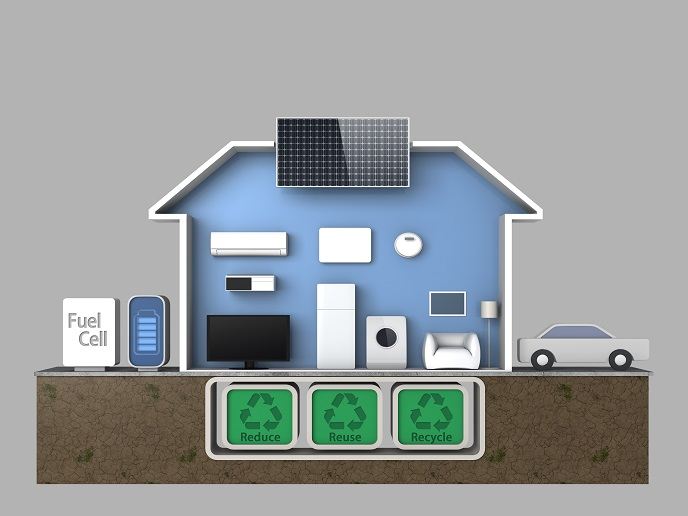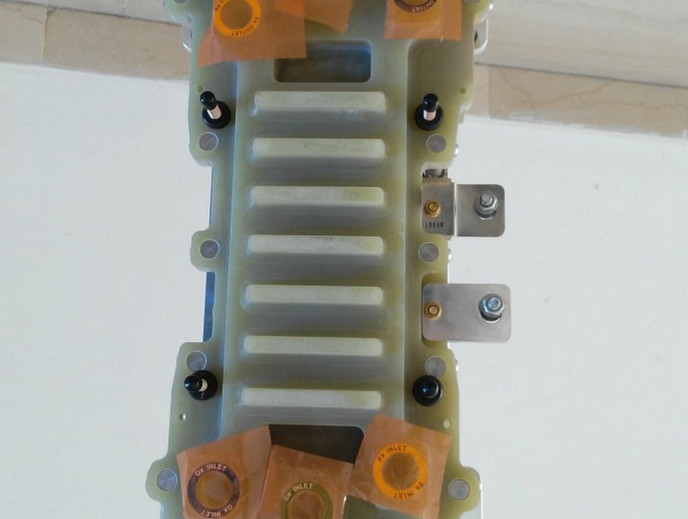Turbocharging the fuel cell vehicle sector
Europe is on a path to cut greenhouse gas emissions by at least 55 % by 2030(opens in new window), and to become climate neutral by 2050. For these ambitious targets to be achieved, significant changes need to be made. The transition from fossil fuel-based transport towards more eco-friendly forms of mobility will play an important role here. A key part of this transition will be the roll-out of electric vehicles, to replace conventional polluting vehicles that run on petrol or diesel. It is critical of course that, in addition to delivering high environmental performance, these vehicles are reliable and cost-efficient. Fuel cell(opens in new window) technology – which involves combining hydrogen and oxygen to power an electric motor – offers a highly promising avenue. “Fuel cell technology for e-mobility is becoming more mature,” says Christof Zwyssig, CTO of Celeroton(opens in new window) in Switzerland, which coordinated the Turbo-FCell project. “And the fuel cell vehicle market is increasingly asking for solutions scalable to high-quantity manufacturing and a decrease in cost.”
Fuel cell innovations
Besides the actual fuel cell itself, a fuel cell system also requires additional components for operation. One of the most important parts is the compressor, which takes up a lot of space and weight, and consumes a lot of power. The role of the compressor is to provide the fuel cell with a constant supply of pressurised air – the oxygen that the fuel cell vehicle needs to run beside the hydrogen. While much attention has been put on the fuel cell itself as well as hydrogen storage, this issue of how air can be optimally supplied to the fuel cell has not been fully addressed. “Current compressor technologies are not optimised for fuel cell applications,” adds Zwyssig. “If the fuel cell electric vehicle market is to grow and roll out eco-friendly vehicles in larger quantities, then innovative solutions are required to bridge this gap.” This was the objective of Turbo-FCell. The project sought to take existing cutting-edge oil-free gas bearing turbo compressor technology and bring this closer to market. An oil-free gas bearing turbo compressor is able to deliver higher air purity, which is crucial to increasing fuel cell lifetime. “The first year of the project involved some outside the box thinking,” says Turbo-FCell project coordinator Fabian Dietmann, also from Celeroton. “This allowed us to investigate different solutions and technologies with the potential for high-quantity manufacturing while keeping performance.” At the end of the first phase, the project team was able to select key technologies that they had identified to bridge the existing technology gap.
Next-generation vehicles
In the second phase of the project, Dietmann, Zwyssig and their team built a next-generation prototype based on these key technologies, and they expect this next-generation lightweight compressor system to be launched onto the market later this year. They are confident that their innovation can deliver better fuel cell performance, while being scalable for high-quantity manufacturing. The fuel cell market certainly has huge growth potential and is predicted to increase at a rate of 22.1 % up to 2024, reaching EUR 1.2 billion. “This innovation will help fuel cell vehicles to make the breakthrough that has been long predicted,” notes Zwyssig. In the meantime, further product developments will be carried out based on the key technologies developed in this project. “Our vision is to contribute to the deployment of fuel cell vehicles across Europe, by increasing their efficiency and decreasing their cost,” concludes Zwyssig.







